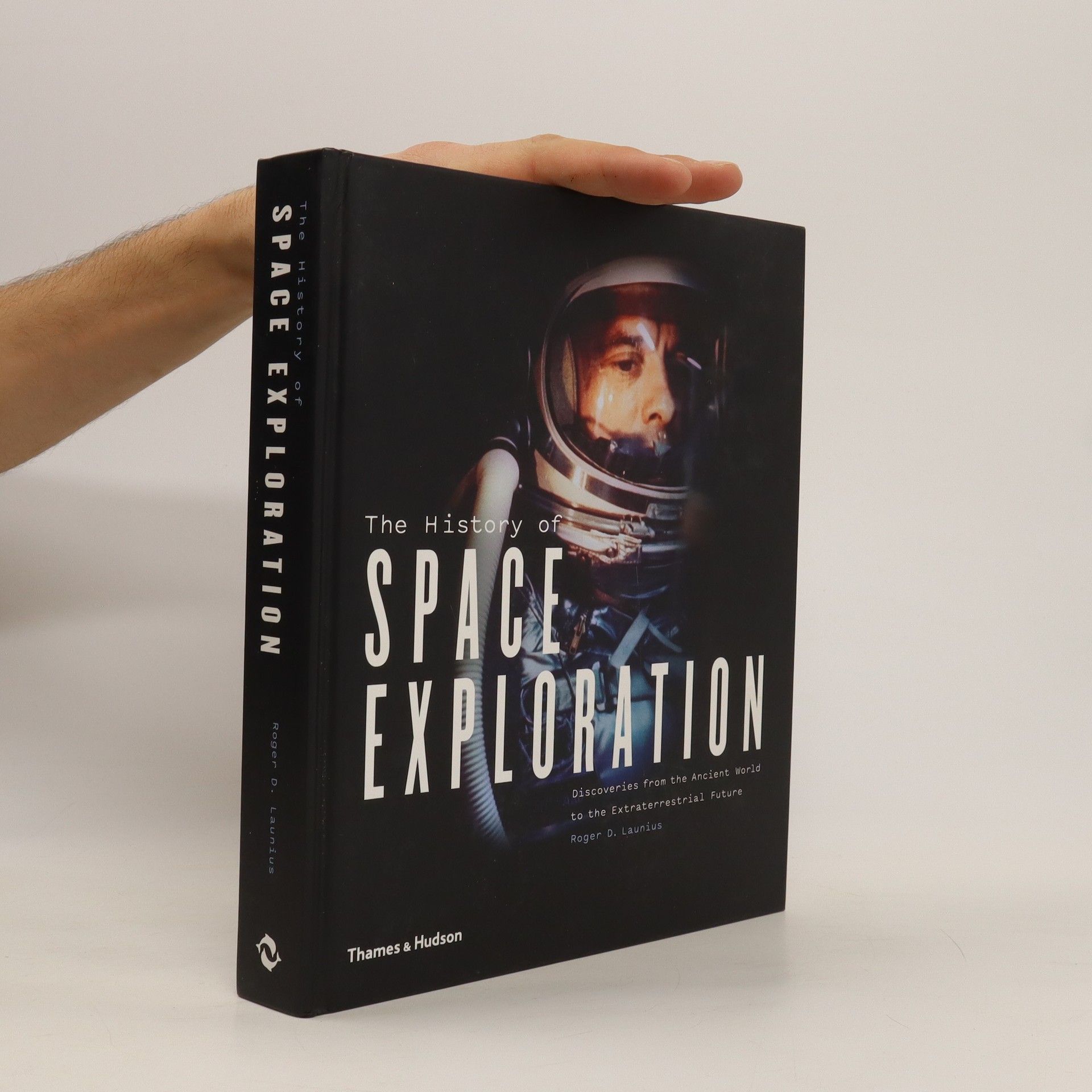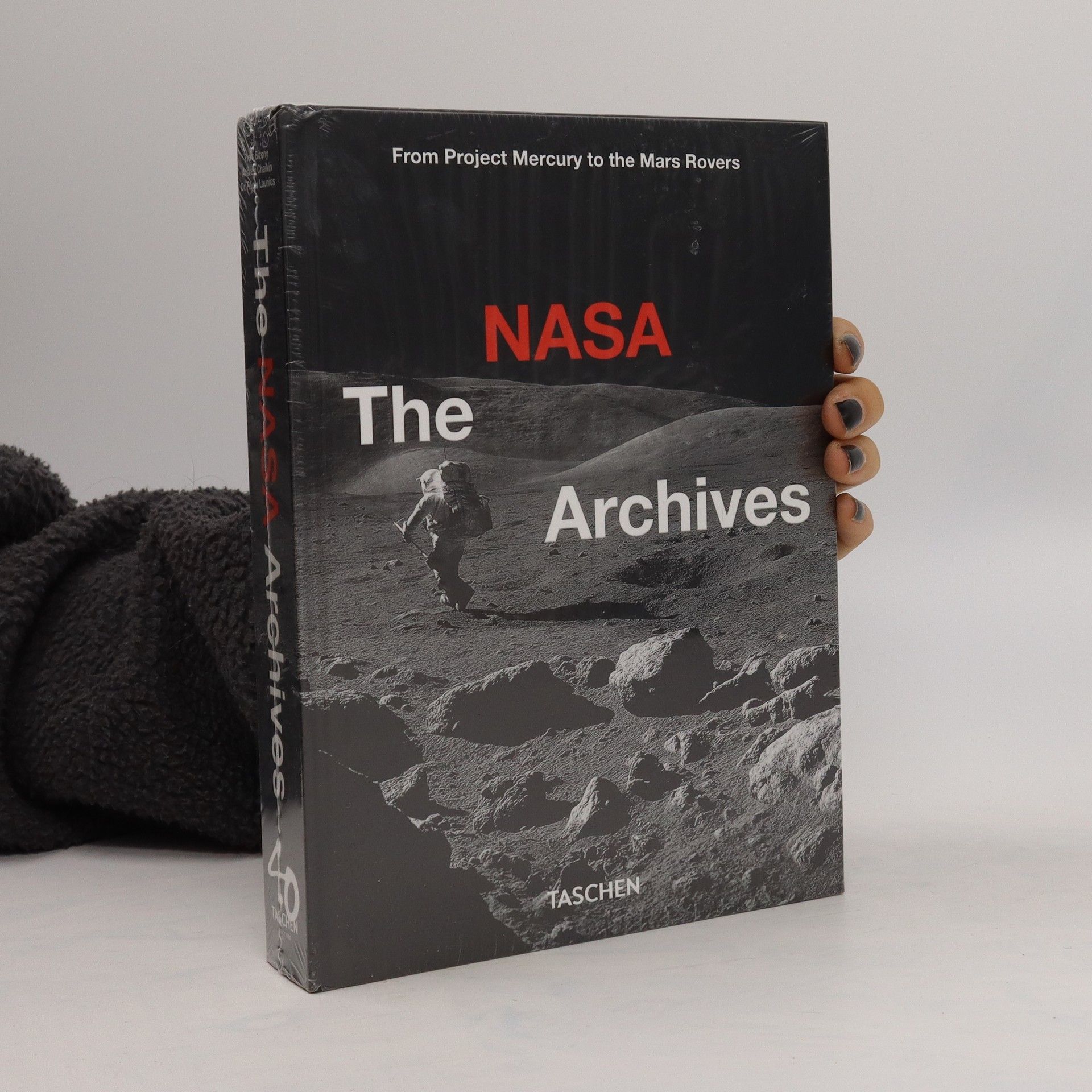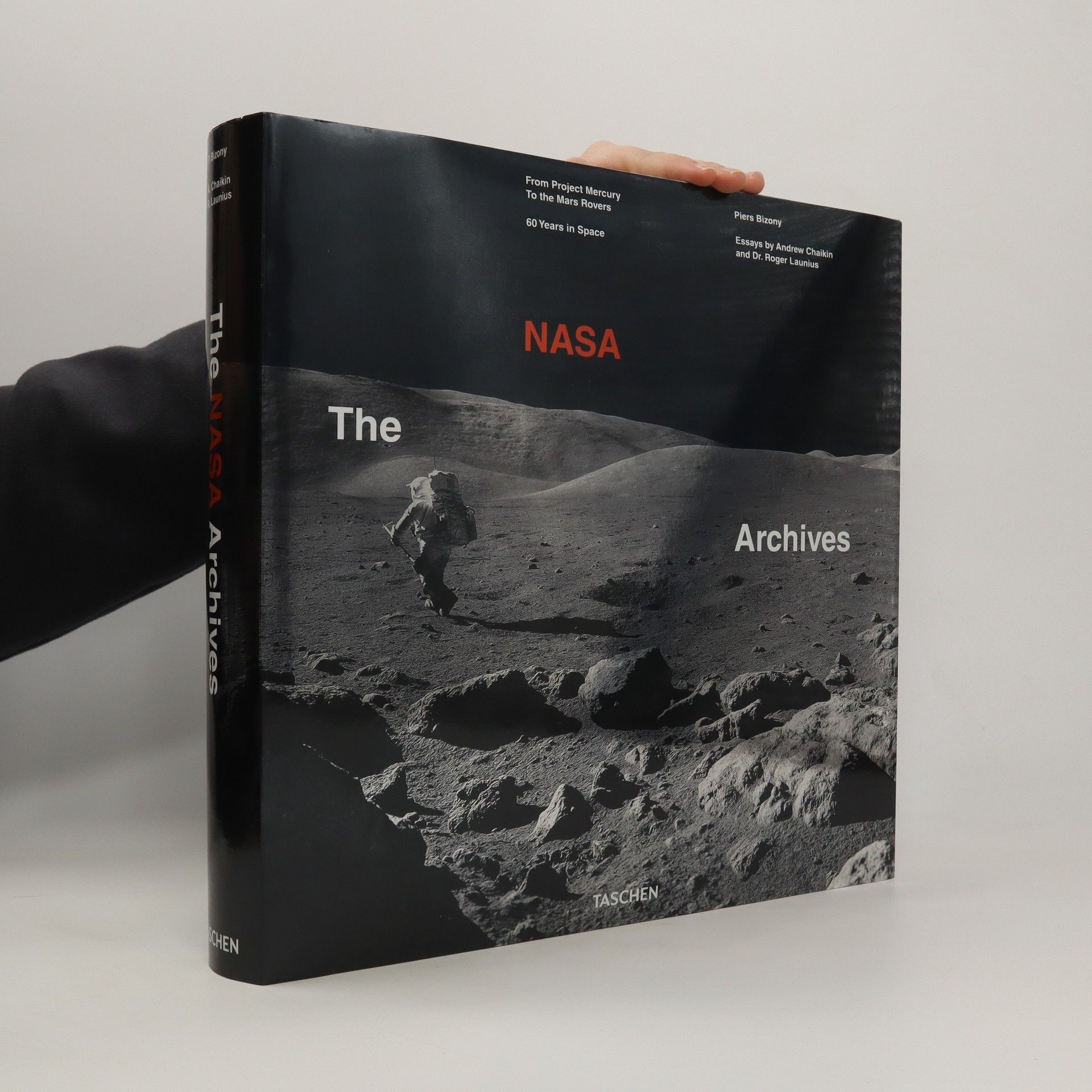Der Atlas des Universums
Begeben Sie sich mit fantastischen Karten und einem fachkundigen Ratgeber auf eine Reise in die entlegensten Winkel des Kosmos.
- 400 Seiten
- 14 Lesestunden





Begeben Sie sich mit fantastischen Karten und einem fachkundigen Ratgeber auf eine Reise in die entlegensten Winkel des Kosmos.
A Map to the Universe from the Big Bang to the Future
Explore the vastness of the universe through 300 captivating maps and illustrations that chronicle the history and future of space exploration. This coffee-table atlas, crafted by former NASA chief historian Roger D. Launius, provides a unique perspective on topics ranging from ancient cosmic concepts to modern missions to the Moon and Mars. The large-format design features stunning visuals and engaging narratives that make the complexities of the cosmos accessible and intimate, inviting readers to navigate the Solar System and beyond.
Prepare to embark on a journey through space and time with The NASA Archives, a visual celebration of humankind's unstoppable urge to travel away from Earth to worlds beyond. Featuring hundreds of historic photographs and concept renderings, this collection guides us through NASA's 60-year history.
Prepare to embark on a journey through space and time with The NASA Archives, a visual celebration of humankind's unstoppable urge to travel away from Earth to worlds beyond. Featuring more than 400 historic photographs and rare concept renderings, this collection guides us through NASA's 60-year history, from its earliest days to its current...
For centuries humanity has engaged in a virtual exploration of space through astronomical observation, aided by astounding scientific and technological advances. In more than sixty years since the launch of Sputnik 1 in 1957, more than 6,000 functioning satellites have been launched into Earth's orbit and beyond - some to the farthest reaches of the Solar System - and more than 540 people have travelled into space.Unprecedented in its chronological and geographical scope, this book charts the history of space exploration from the first gunpowder rockets through the Moon landings, and into a future of space tourism. Numerous sidebars focus on the key individuals and inventions that brought us closer to the farthest reaches of the universe. Filled with astonishing images from the Smithsonian, NASA archives and other international collections, this is the first in-depth, fully illustrated survey of this universal human journey.